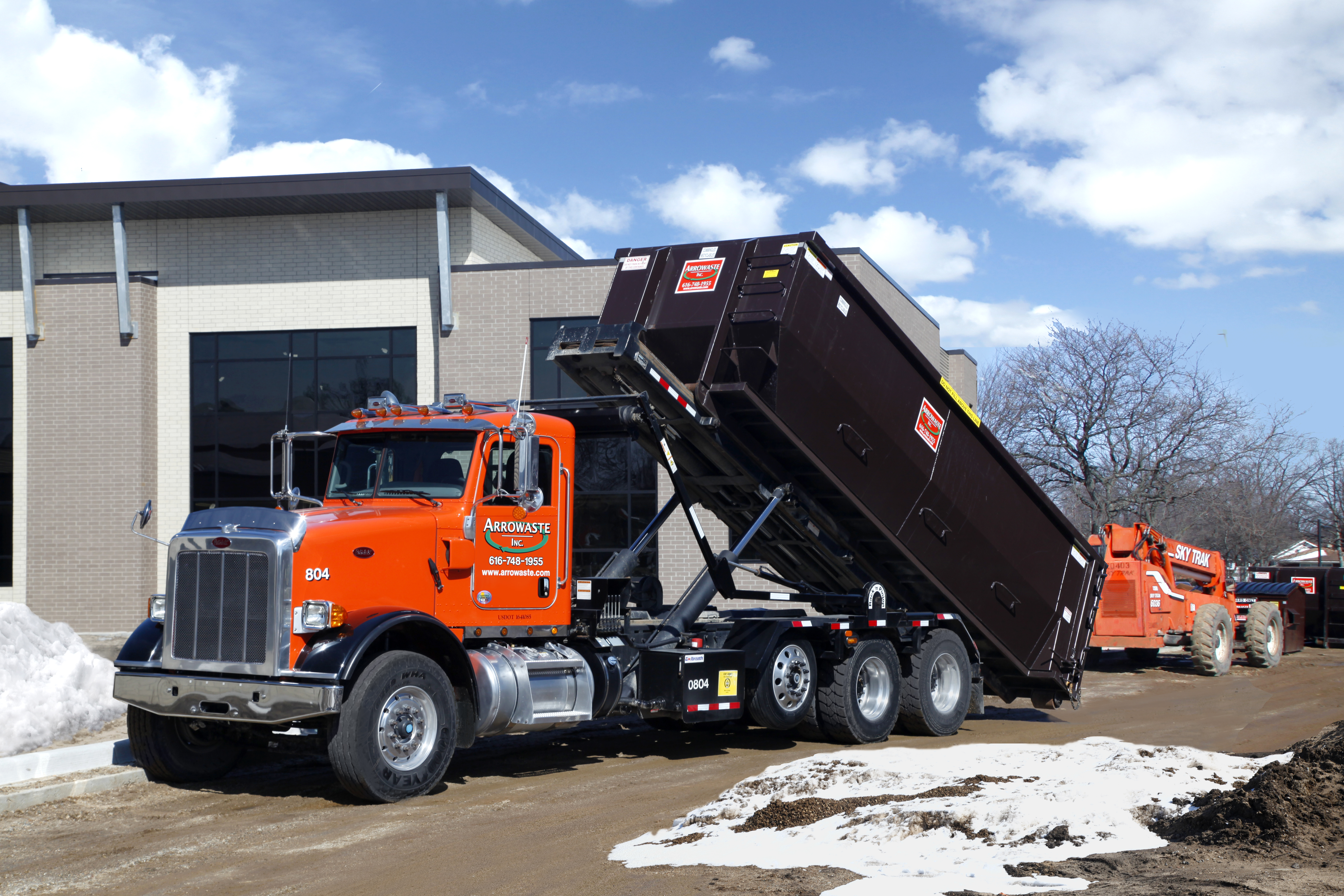Key Mistakes To Avoid When Renting Out A Dumpster
Key Mistakes To Avoid When Renting Out A Dumpster
Blog Article
Post By-Law Byrne
When renting a dumpster, you have to avoid common blunders that can bring about unnecessary headaches and expenses. Choosing the wrong dimension or straining the dumpster are mistakes that can disrupt your job and expense you more than prepared for. Additionally, ignoring policies on banned items can have serious repercussions. By avoiding these missteps, you can guarantee a seamless rental process and make the most out of your dumpster experience. However there's one more vital facet to think about that can make or break your rental success.
Wrong Size Choice
When renting out a dumpster, one of one of the most usual errors to avoid is selecting the wrong size. It's critical to evaluate your demands precisely to guarantee you choose a dumpster that can suit all your waste. Selecting a size that's also little might cause overflow, added fees, or the need to rent one more dumpster.
On the other hand, selecting a size that's too big can cause wasted money on unused area. To avoid this mistake, carefully approximate the quantity of particles you'll have and review your task information with the rental firm. They can offer guidance on the ideal size based upon your needs.
Straining the Dumpster
To guarantee a smooth garbage disposal process when leasing a dumpster, it's important to be conscious of overwhelming the container. https://containerrentals22009.csublogs.com/36820831/important-guidelines-for-renting-out-a-dumpster-essential-insights-to-think-about-before-you-reserve can bring about a series of problems that might not just trouble you however likewise result in additional costs or delays in waste removal.
When you go beyond the weight limit or fill the dumpster beyond its capability, it ends up being difficult for the rental business to securely carry and empty it. This can posture safety dangers to the chauffeurs and others when traveling.
Furthermore, overloading can create damages to your property or the area where the dumpster is positioned. Too much weight can put pressure on surfaces like driveways or parking area, bring about cracks or impressions.
It can additionally lead to particles spilling out throughout transport, producing a mess and possibly triggering injury to the setting.
Violating Prohibited Products
Avoiding overloading the dumpster is just one element of responsible waste disposal; nonetheless, an additional vital element to take into consideration is sticking to the checklist of prohibited things. Going against the limitations on what can and can not be thrown away in the dumpster can lead to severe consequences.
Harmful products such as batteries, chemicals, paints, and oils are normally prohibited from dumpsters because of ecological issues. These products can contaminate dirt and water sources otherwise taken care of appropriately. Furthermore, appliances, electronic devices, tires, and bed mattress are typically limited due to their size and the specialized recycling procedures they call for.
Breaking these guidelines can result in penalties, fines, and also hold-ups in your waste elimination procedure. It's essential to thoroughly review the list of restricted items given by your dumpster rental business and make alternate plans for taking care of them. By complying with these standards, you can ensure a smooth and compliant waste disposal experience while avoiding unnecessary difficulties.
Conclusion
To conclude, avoiding usual blunders when leasing a dumpster, such as choosing the wrong dimension, overloading it, or violating banned things, is necessary for an effective rental experience. By precisely examining your requirements, adhering to weight limitations, and sticking to disposal guidelines, you can guarantee a smooth and easy procedure. Keep in dumpster rental fort worth texas to connect successfully with the rental company to address any type of issues and make sure a positive outcome for your project.
